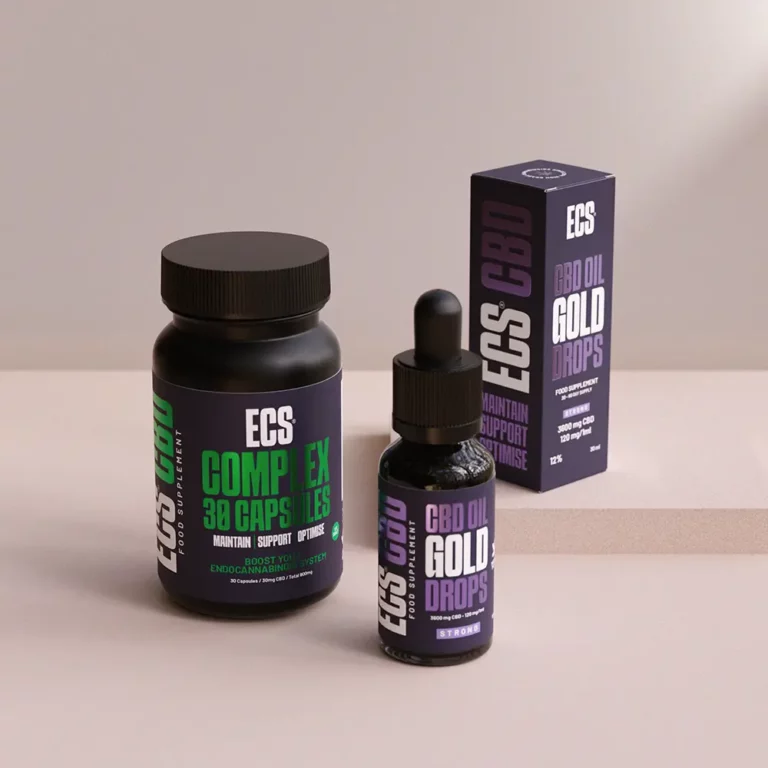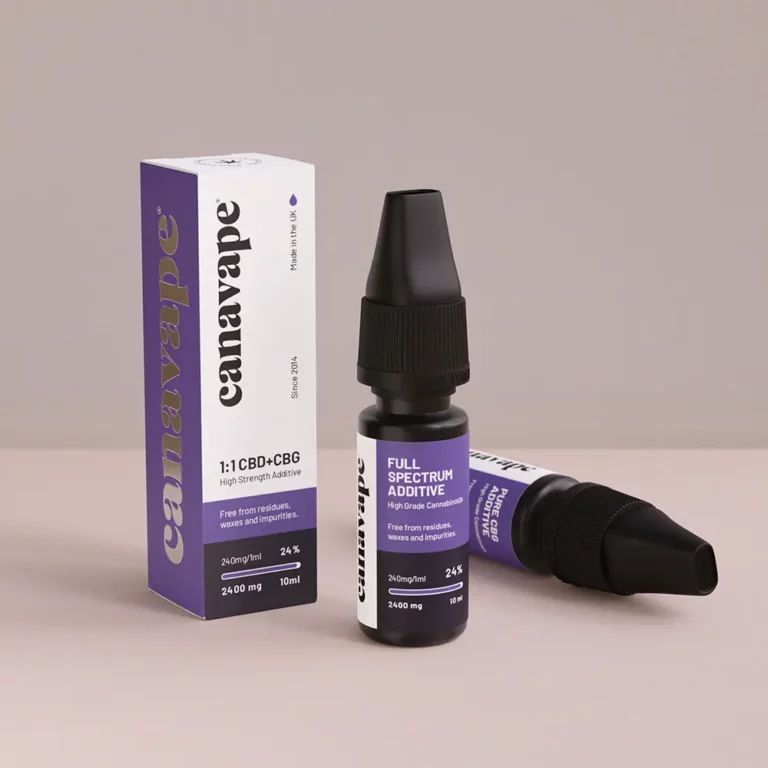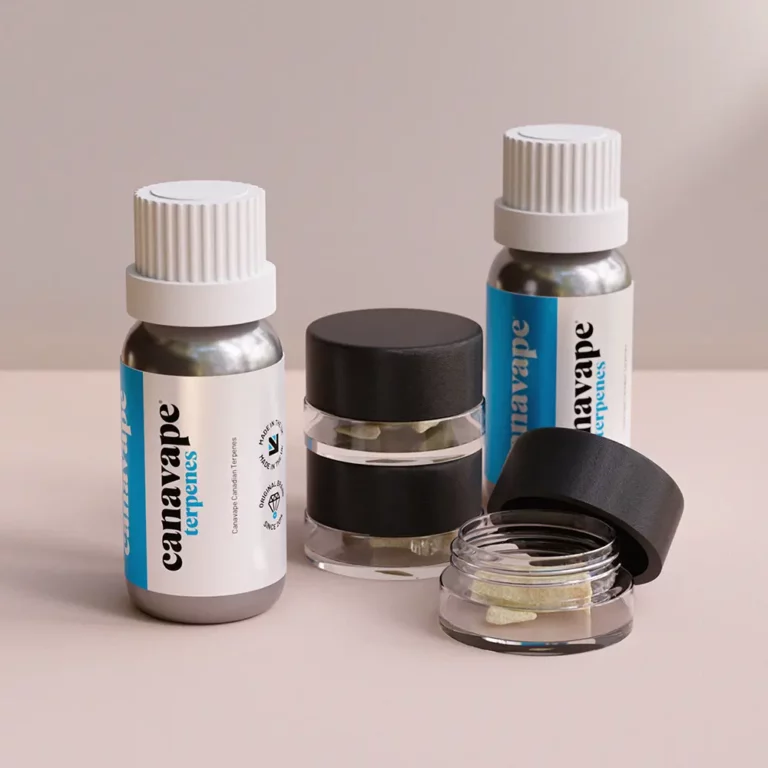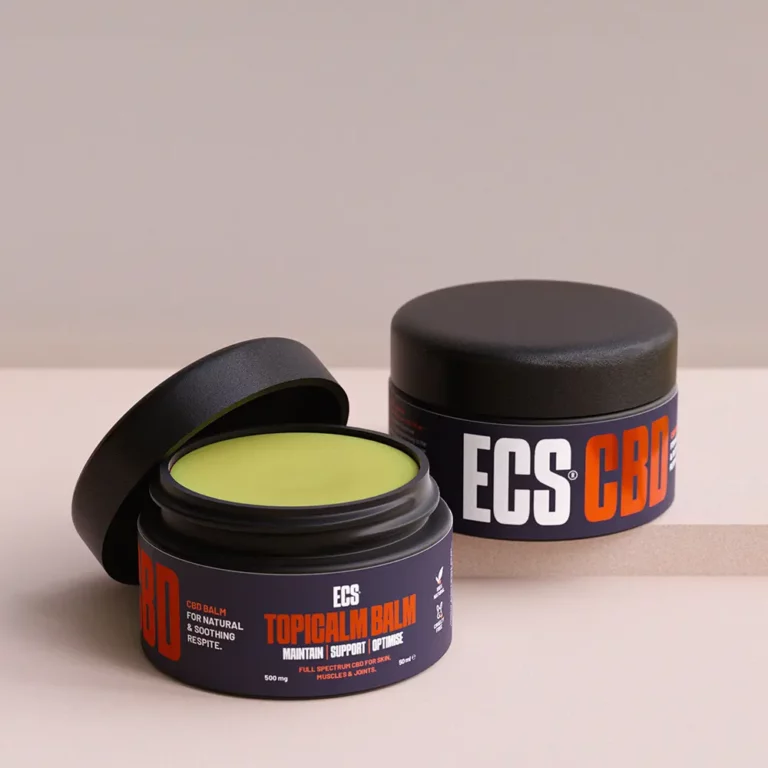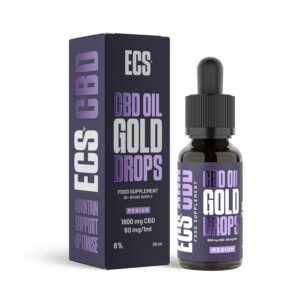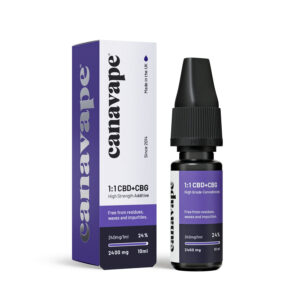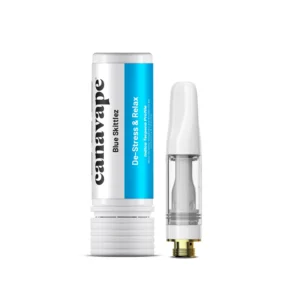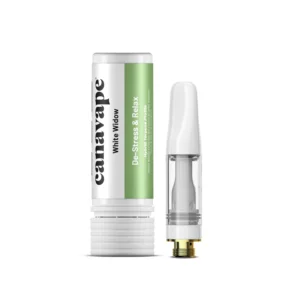CBD oil, short for cannabidiol oil, has gained significant popularity in recent years for its potential health benefits. Derived from the cannabis plant, CBD oil is a natural remedy that is believed to offer a wide range of therapeutic properties without the psychoactive effects commonly associated with marijuana.
One of the key components of CBD oil is cannabidiol, a non-intoxicating compound that interacts with the body’s endocannabinoid system. This system plays a crucial role in regulating various physiological processes, including pain sensation, mood, appetite, and immune function.
Research suggests that CBD oil may have potential therapeutic effects in managing a variety of health conditions. Here are some areas where CBD oil has shown promise:
Pain Relief
Many individuals turn to CBD oil as a natural alternative for pain relief. Studies have indicated that CBD can interact with receptors in the brain and immune system to reduce inflammation and alleviate pain. Whether you’re dealing with chronic pain or occasional discomfort, CBD oil may offer a potential solution.
Anxiety and Stress Management
Another area where CBD oil has gained attention is in managing anxiety and stress. CBD interacts with receptors in the brain that regulate mood and emotions, potentially promoting a sense of calmness and relaxation. This has led to the use of CBD oil as a natural supplement to support mental well-being.
Sleep Support
Many individuals struggle with sleep-related issues, such as insomnia or poor sleep quality. CBD oil may offer a potential solution by promoting relaxation and reducing anxiety, which can contribute to a better night’s sleep. By improving sleep patterns, CBD oil may help individuals wake up feeling refreshed and rejuvenated.
Skincare Benefits
Aside from its potential internal health benefits, CBD oil has also gained popularity in the skincare industry. Due to its anti-inflammatory properties, CBD oil may help reduce skin inflammation and redness. Additionally, it may regulate sebum production, making it beneficial for individuals dealing with acne-prone skin.
How to Choose Quality CBD Oil
When considering CBD oil for your health needs, it’s essential to choose a high-quality product. Here are some key factors to consider:
- Source of CBD: Look for CBD oil derived from organic hemp plants, as they tend to have higher levels of CBD and fewer contaminants.
- Extraction Method: The extraction method used can impact the quality and purity of the CBD oil. CO2 extraction is considered the gold standard, as it ensures a clean and potent product.
- Third-Party Testing: Opt for CBD oil that has undergone third-party testing to verify its potency and purity. This ensures that the product is free from harmful substances and accurately labelled.
- Product Transparency: Choose a brand that provides detailed information about their CBD oil, including the CBD concentration, ingredients, and extraction process.
It’s important to note that CBD oil is not a medicine, treatment or cure-all and individual results may vary. It’s always recommended to consult with a healthcare professional before incorporating CBD oil into your wellness routine, especially if you have any underlying health conditions or are taking medications.
In conclusion, CBD oil has shown promise in various areas of health and wellness. From pain relief to anxiety management and skincare benefits, CBD oil offers a natural alternative for those seeking potential therapeutic effects. By choosing a high-quality product and consulting with a healthcare professional, you can explore the potential benefits of CBD oil for your own well-being.


